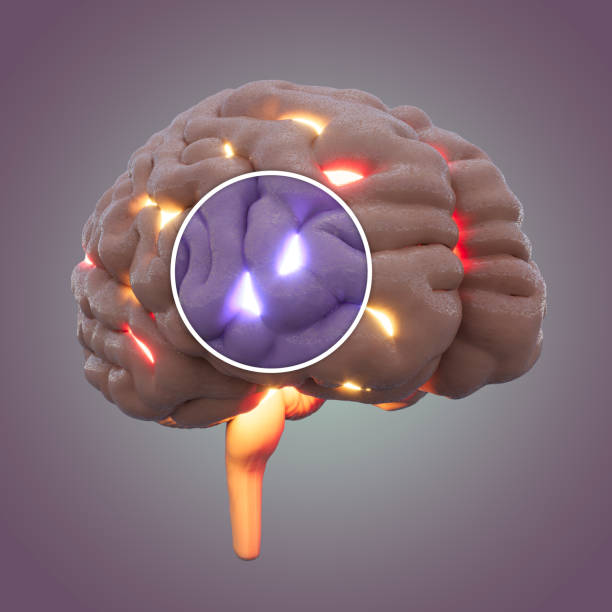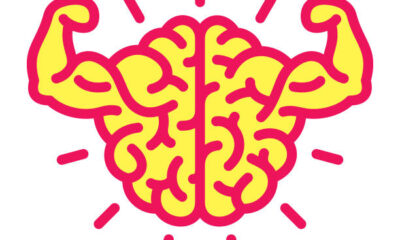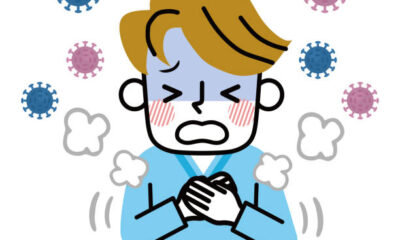Health
How The Usage Of Drugs Affect Humans Psychology

The use of drugs has long been a topic of interest in the field of psychology due to their profound effects on human behavior, cognitive function, and emotional well-being. From substances like caffeine and alcohol to more potent drugs like opioids and psychedelics, the impact of drugs on the brain and psyche is multi-faceted and complex. In this article, we will explore the various ways in which drugs affect human psychology and the implications for mental health and well-being.
The Neurochemistry of Drug Use:
Drugs exert their effects on the brain by altering the balance of neurotransmitters, chemicals that transmit signals between neurons. For example, stimulants like cocaine and amphetamines increase the levels of dopamine in the brain, leading to feelings of euphoria and increased energy. On the other hand, depressants like alcohol and benzodiazepines act on neurotransmitters like GABA, slowing down brain activity and producing sedative effects.
Psychological Effects of Drug Use:
The psychological effects of drug use can vary widely depending on the type of drug, dose, and individual susceptibility. Some drugs, like hallucinogens, can cause profound alterations in perception, thinking, and emotions, leading to hallucinations and delusions. Chronic drug use can also lead to addiction, a complex condition characterized by compulsive drug-seeking behaviors despite negative consequences.
Mental Health Implications:
The misuse of drugs can have a range of negative effects on mental health, including increased risk of mood disorders like depression and anxiety, cognitive impairments, and psychotic symptoms. Substance abuse and addiction are often intertwined with underlying mental health issues, such as trauma, stress, or genetics. Dual diagnosis treatment approaches that address both substance use and co-occurring mental health conditions are essential for effective recovery.
Recovery and Rehabilitation:
Recovery from drug addiction is a challenging but achievable process that often involves a combination of medical treatment, therapy, social support, and lifestyle changes. Cognitive-behavioral therapy, motivational interviewing, and support groups like Narcotics Anonymous can help individuals develop coping skills and address underlying issues driving their substance use. It is essential for individuals in recovery to have access to a strong support network and resources to prevent relapse.
Conclusion:
In conclusion, the relationship between drugs and human psychology is intricate and multifaceted, with profound implications for mental health and well-being.
-

 Breaking News3 years ago
Breaking News3 years agoBREAKING: CBN Redesigns Naira Notes
-

 Breaking News2 years ago
Breaking News2 years agoBREAKING: Tinubu Considers Temporary Subsidy On Petrol
-

 Breaking News2 years ago
Breaking News2 years agoJUST IN: Gbajabiamila Dies In UK
-

 News3 years ago
News3 years agoDrama As Church Gives Certificate Of Virginity To Ladies After Testing Them (See Photos)
-

 Crime4 years ago
Crime4 years agoUproar As Student Teacher On Teaching Practice Impregnates 24 Girls, Headmistress, Four Female Teachers
-

 Breaking News10 months ago
Breaking News10 months agoJUST IN : Sacked Osun LG Chairman Killed Few Minutes After Returning To Office
-

 Breaking News2 years ago
Breaking News2 years agoBREAKING: Dangote Speaks As BUA Reduces Price Of Cement
-

 Crime3 years ago
Crime3 years agoJUST IN: Gunmen Storm Osogbo, Kill Man, Daughter Few Hours After His Wife Put To Bed (Photos)












